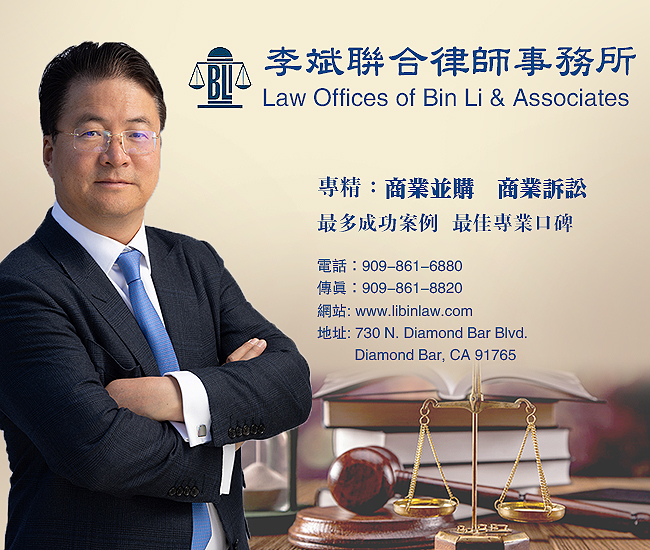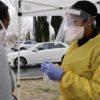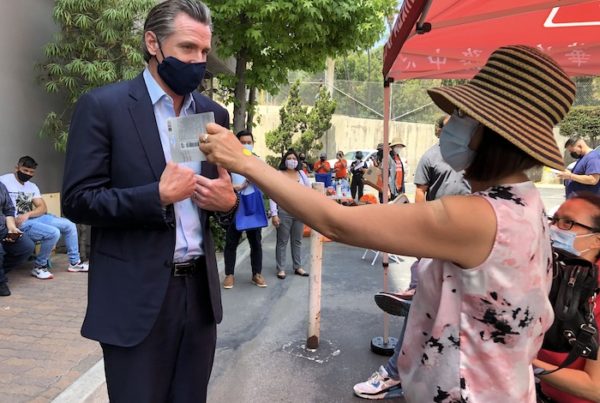Malaysian badminton star Lee Chong Wei announced his retirement recently, ending his legendary career.
Although Lee was not able to get the Olympic singles gold medal until his retirement, he reached the men’s singles final in three consecutive Olympics, which in itself is already a very rare achievement.
Originally, Li hoped to last until the Tokyo Olympics, but health reasons eventually forced him to give up.
On June 18, Li Zongwei came back with regretful news after his retirement.
In the new world ranking released by the World Badminton Federation, there is no longer Li Zongwei’s name.
According to a CCTV report, Li was officially removed from the world rankings starting this week as he submitted his retirement certificate directly with the WTF.
Since leaving the tournament in July last year due to illness and being diagnosed with nasal cancer in September, Li Zongwei had made great efforts to be able to return to the game, but eventually gave up because his health did not allow it, making fans quite sorry and upset.
From now on, badminton player Li Zongwei will go into history, the former four kings only Lin Dan is still in the battle.
The end of the Lin-Li battle is because of cancer, the result is saddening.
It seems that we have not heard much about nasal cancer, indeed, we often hear about nasopharyngeal cancer. Nasal cancer? Nasopharyngeal cancer? Is it not the same?
Yes! It’s a bit different from one word to another!
Different lesion sites
Nasal Cancer
According to the anatomical classification, the nose includes the external nose, nasal cavity and sinuses. Therefore, malignant tumors of the nose are divided into malignant tumors of the external nose, nasal cavity and sinuses.
Nasopharyngeal cancer
Nasopharyngeal cancer is a tumor that occurs in the nasopharynx, also known as “Guangdong cancer”.
Geographical differences in incidence
The incidence of nasopharyngeal cancer is higher in the north than in the south.
Nasopharyngeal cancer is more common in the south. According to the data, 65,000 new cases of nasopharyngeal cancer occur in the world every year, but more than 40% of them occur in China, and Guangdong accounts for 60% of the national incidence rate.
Different clinical symptoms
Although both nasal cancer and nasopharyngeal cancer are malignant tumors, the early clinical symptoms of both are not obvious.
The symptoms of nasal cancer usually appear later and there are no characteristic manifestations in the early stage of the disease, or there are symptoms such as unilateral progressive nasal congestion, nosebleeds, thick or flesh-colored watery mucus.
Early symptoms of nasopharyngeal cancer are mostly atypical. Nasal symptoms can be manifested as obvious retracted snot with blood in the morning, which is often intermittent, and obvious nasal congestion will appear when the tumor increases to a certain extent; ear symptoms can be manifested as hearing loss and ear occlusion caused by the tumor pressing on the eustachian tube; eye symptoms can be manifested as double shadows in outward vision, inward strabismus and diplopia; head and facial symptoms can be manifested as headache or facial numbness; tight teeth, difficulty in swallowing and hoarseness of voice are also symptoms of nasopharyngeal cancer. In severe cases, there may be generalized physical strength loss and body wasting.
Different pathogenesis
Nasal cancer and nasopharyngeal cancer have similar risk factors, including smoking, air pollution and dust pollution.
However, the pathogenesis of nasal cancer and nasopharyngeal cancer are not the same. Nasal cancer is closely related to human papilloma virus infection, while EBV plays a major role in the pathogenesis of nasopharyngeal cancer.
Different treatment options
The pathogenesis of nasal cancer and nasopharyngeal carcinoma are different, which leads to different treatment options for them.
For nasal cancer, the main treatment is surgery plus radiotherapy.
For nasopharyngeal cancer, radiotherapy or radiochemotherapy is the main treatment.
Warm Tips from Medicine Wa.
Prevent nasal cancer and nasopharyngeal cancer, do this!
1. try to avoid long-term exposure to a highly polluted environment.
2. maintain hygiene of the nose and nasopharynx to avoid viral infections.
3. actively quit smoking and alcohol.
4. eat less pickles, salted fish, cured meat, curd and other foods because they contain carcinogenic substances such as nitrosamines.
5. actively treating diseases such as inflammation and ulcers of the nose and nasopharynx.
6. Do not take the recurring symptoms of nasal congestion, epistaxis and runny nose lightly, but go to a regular hospital as soon as possible.
本網站內容嚴禁未經授權轉載、複製。本網站僅為一般訊息平台,所發內容不代表本站立場,不構成任何投資、購買、要約等建議,不對資料之完整性、精確性等作任何保證。




























